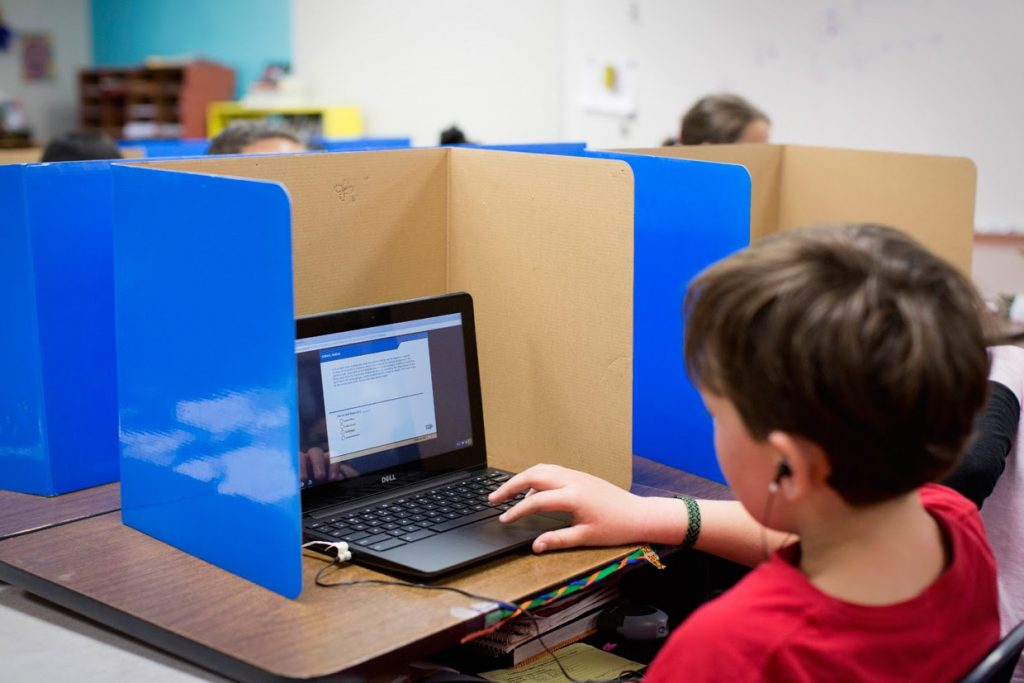Comprehending the Role of Standardized Tests in Education
Child Standardized Tests In today's educational landscape, standardized tests are a staple. Your child might face several of these assessments each year, with teachers dedicating substantial class time to preparation. Some states even implement "high stakes" tests that can significantly impact school ratings, funding, class placement, and even grade promotion. Regardless of your stance on these assessments, your child must perform well.
What Do Standardized Tests Evaluate?
Standardized tests serve as a benchmark for educators, measuring student and school performance against state and national standards. These tests generally fall into two categories:
- Achievement Tests: These measure specific subject knowledge.
- Aptitude Tests: These predict a child's ability to learn by assessing skills like reasoning and problem-solving.
These assessments offer valuable insights into your child's progress, highlighting areas for improvement. They also guide schools and districts on where to focus their resources and attention.
Are There Drawbacks to These Exams?
Despite the efforts of testing companies to create effective evaluation tools, various factors can influence your child's performance. Room conditions, curriculum alignment, sleep quality, and test-taking skills can all impact scores. Consequently, there may be discrepancies between your child's grades and test results. It's important not to overemphasize a single test score.

How Can You Help Your Child Prepare?
Teachers note that successful test-takers often have good attendance, consistent homework habits, and effective study routines. Your homework involvement and attitude towards school play significant roles in your child's performance. Here are some specific ways to help your child excel:
Optimize Brain Power Child Standardized Tests
Ensure your child sleeps well and eats a nutritious breakfast on test day. Students who are well-rested and well-fed perform better. Make sure all necessary tools—pencils, erasers, paper, calculators—are ready the night before. If your child is unwell, it's better to keep them home and reschedule the test to avoid poor performance.
Encourage Good Study Habits and Critical Thinking
Monitoring your child’s academic progress and maintaining good communication with their teacher can help prevent potential problems. Reading skills are crucial for timed tests, so encourage reading in any form—magazines, newspapers, even comic books. Testing also measures critical thinking, so stimulate these skills by discussing ideas and encouraging your child to voice their opinions.
Know What to Expect
Teachers usually provide information about the test schedule and preparation plans in advance. If not, contact the teacher to find out:
- The name and purpose of the test
- The format (multiple choice, essay, short answer, etc.)
- Classroom preparation methods
- Scoring details and whether guessing is penalized
- When results will be available
- The implications of the test for your child and school
- Specific ways to help your child prepare
Review Past Performance
If your child scored low in a specific area previously, focus on exercises that reinforce that subject. Use activities that mimic the test format, like multiple-choice geometry questions or vocabulary exercises. Avoid over-drilling in areas where your child excels to prevent boredom and frustration.
Provide Practice Opportunities
Request samples or practice tests from your child's school or find them at the library. Time these practice sessions to mimic actual test conditions. Begin practicing a few weeks before the test and keep sessions short with achievable goals, like learning five new words each time. Avoid last-minute cramming as it can increase stress.
Stay Positive and Relaxed
Confidence and calmness are key for good test performance. Even if you’re anxious about the test, avoid transferring that stress to your child. Practice relaxation techniques, such as deep breathing or counting to ten, to help ease tension.
Interpreting Your Child’s Results
Test results come with information to help you understand them. If you have questions, don’t hesitate to reach out to your child’s teacher. You can also suggest that your PTA or school administration invite a testing expert to provide a parent information session.
Addressing Concerns About Testing
If you have concerns about a test or the testing situation, start by discussing them with your child’s teacher or school administrator. If the issue persists, organizations like your local PTA can provide additional support and resources.
Comments (0)